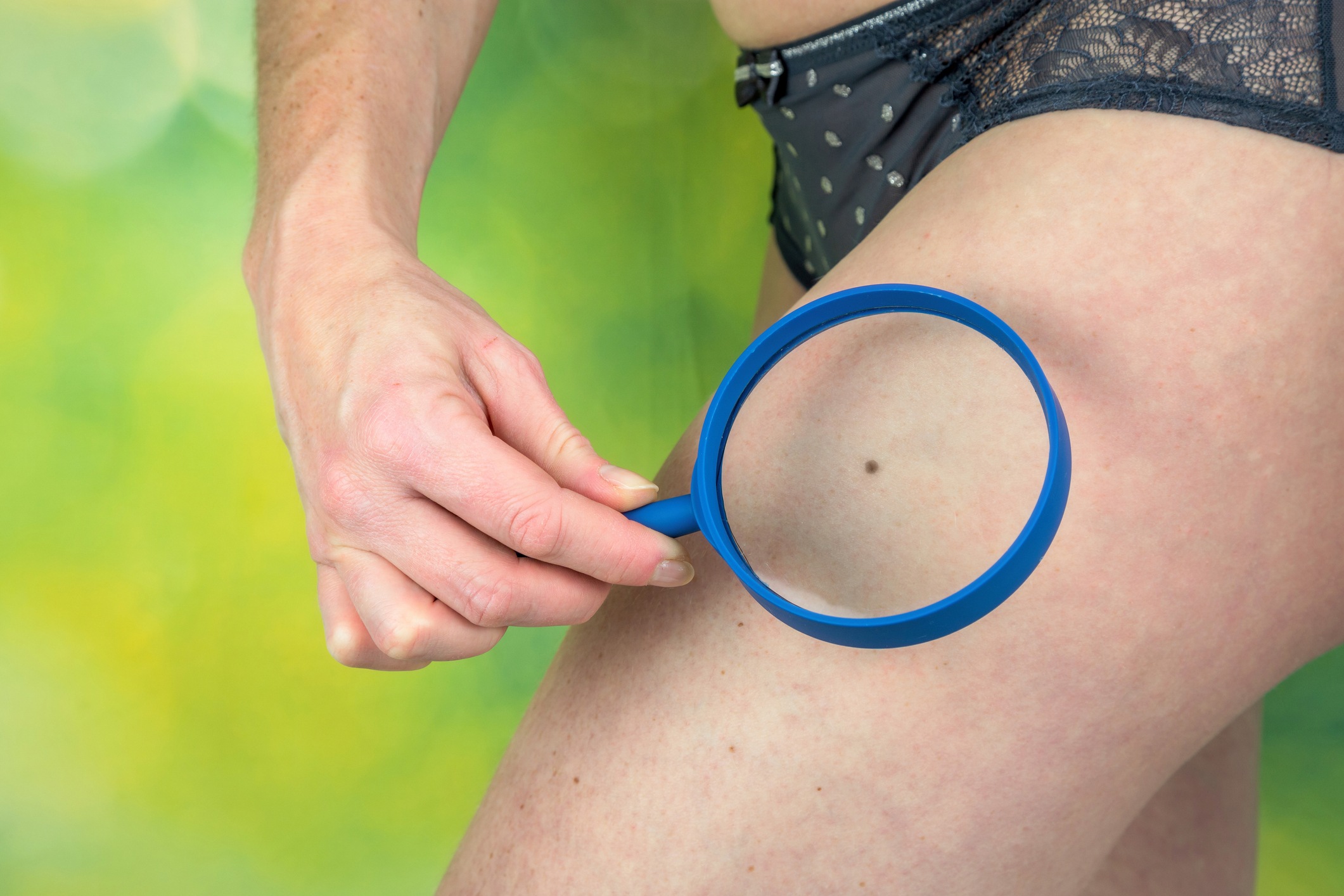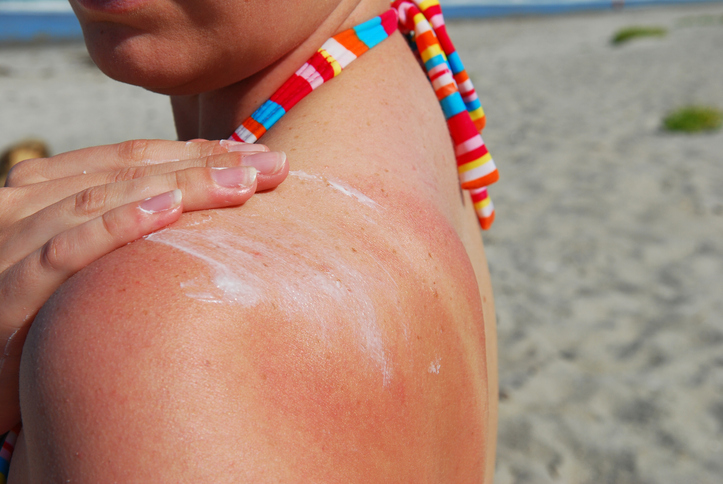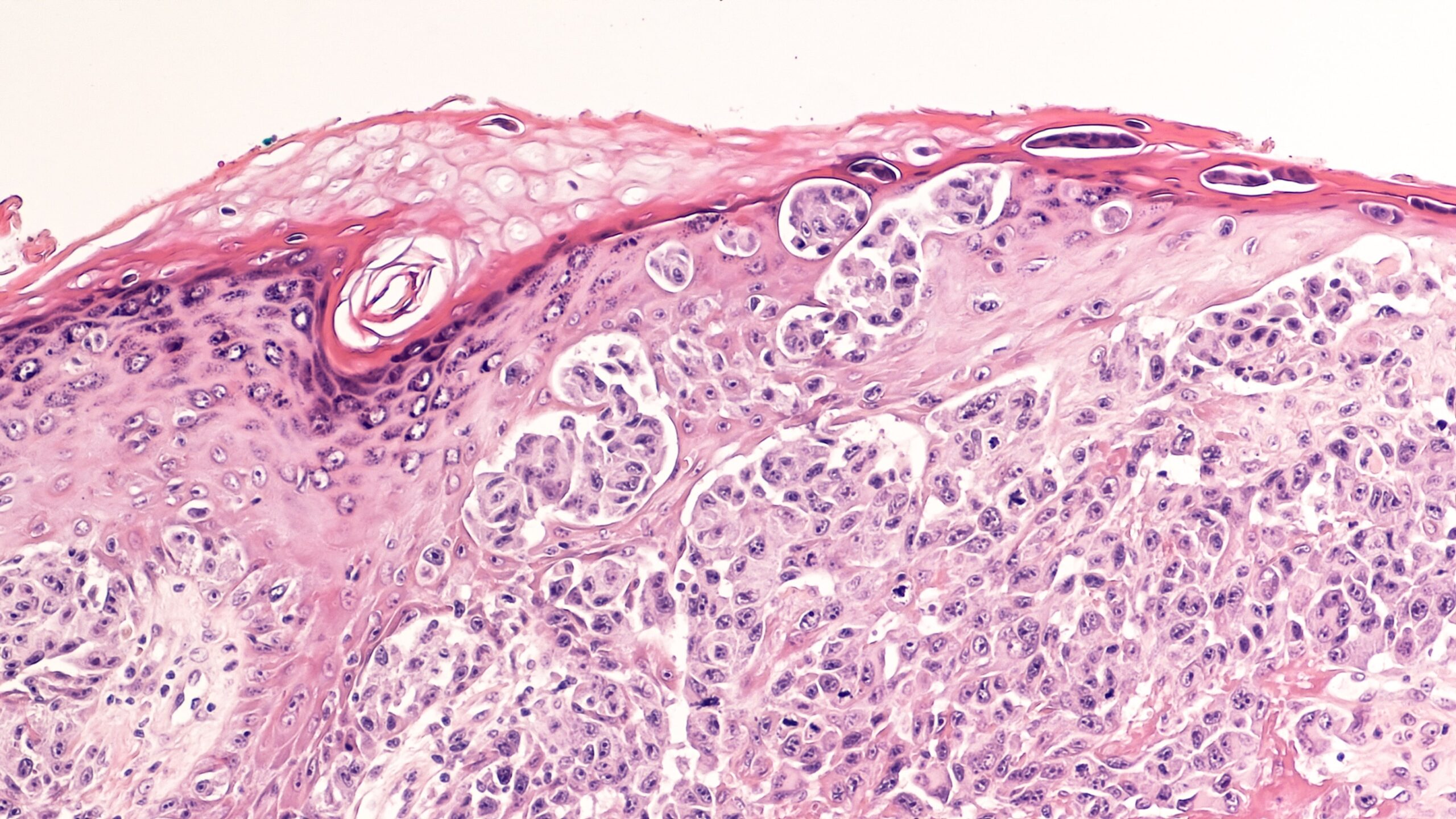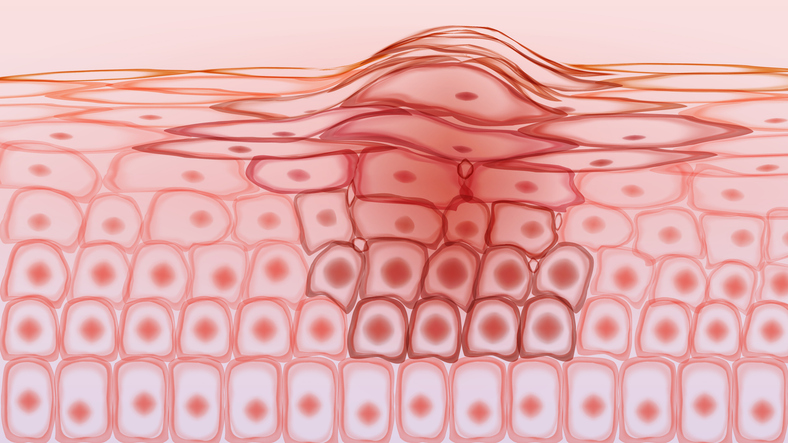
A recent study analyzed how romantic partner support affects skin self-examinations in melanoma survivors. The researchers found that men have their skin examined by partners more often than women, are more comfortable with letting their partner do so, and more. The findings of this study were published in the Clinical Journal of Oncology Nursing.
Existing studies have found that melanoma survivors are at an increased risk of developing new melanoma lesions in comparison to those who have never had the disease prior. These survivors are at an elevated risk of developing recurrent disease as well. With these known risk factors, skin self-examination is of particular importance in melanoma survivors.
Studies have found that patients with melanoma fare worse with cancers that are located in areas that are difficult to self-assess, such as the back, scalp, genitals, and posterior aspect of the thighs. For this reason, emphasis has been placed on educating these survivors partners about skin examinations. This new research aimed to bolster knowledge in this area by assessing the attitudes of these melanoma survivors’ partners regarding the skin examination.
“Including the partner perspective is important because of the sensitive nature of completing comprehensive skin self-examination, the intimacy involved in helping one’s partner with a whole-body examination, and the requirement of patient and partner collaboration for this health behavior,” the authors wrote.
Background of the Skin Self-Examination Research
The primary objective of this cross-sectional study was to analyze how comfortable the survivors’ partners were with performing skin examinations. The research team also assessed the partners’ attitude towards the support in terms of encouraging these exams and/or their ability to assist in the procedure or self-efficacy. Additional outcomes evaluated were the survivors’ attitudes towards partner support and how comfortable they were with performing the evaluation.
Data included in this stud was collected from a previous longitudinal study, with participants being aged 18 years or older and having a melanoma diagnosis or being the partner of someone enrolled in the study. Patients included in the study were told to attend an educational module regarding skin self-evaluation, with partner attendance being recommended.
These participants filled out questionnaires regarding relevant sociodemographic and disease-related traits. Melanoma patients who filled out the form were only included in the study if their romantic partner filled out such paperwork as well. Evaluations filled out included versions of the Skin Self-Examination Support Scale, the Skin Self-Examination Efficacy Scale, and the Skin Self-Examination Comfort Scale that were tailored for patients/partners at 3 and 12 months after the educational skin exam session.
Results of the Study
100 couples were included in this work, with the melanoma patient being male in 56 couples and female in 44 couples. 42 of their partner respondents were male and 58 were female. The average patient age was 57.81 years and the average time from diagnosis was 26.53 months. 69% of the patients had been diagnosed with stage I or II melanoma, and the average age of the patient’s partner was 57.39 years. The average length of the partner’s relationship with the patient was 27.42 years.
The researchers also found that compared to the female patients, the male patients reported skin self-examination support from their romantic partners to be significantly higher (P <.05). These male patients also expressed significantly higher levels of comfort with letting their partners help them with skin self-examinations than their female counterparts (P <.05).
“Targeted education on skin self-examination, including resources for support and guidance, can address the discrepancies in patient and partner perceptions,” the authors of this research concluded.







 © 2025 Mashup Media, LLC, a Formedics Property. All Rights Reserved.
© 2025 Mashup Media, LLC, a Formedics Property. All Rights Reserved.